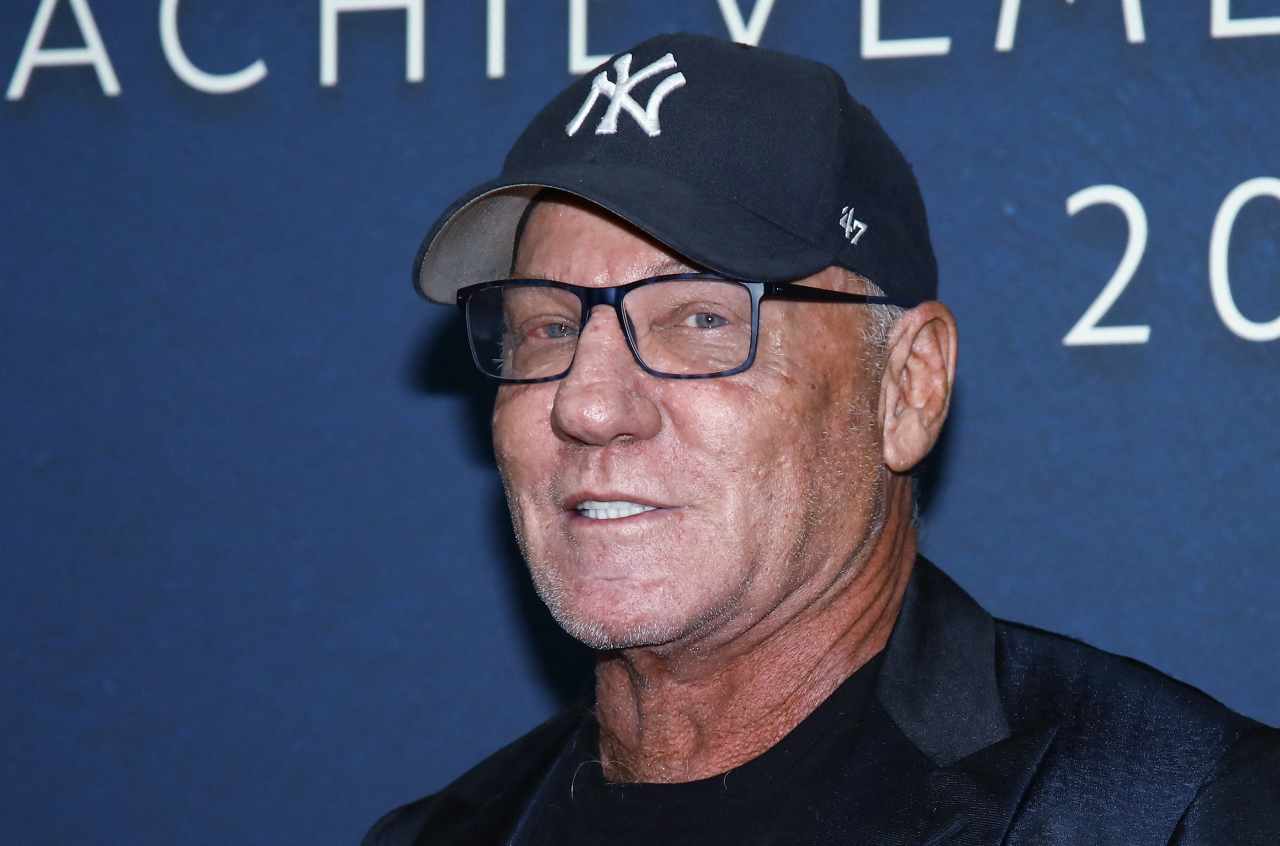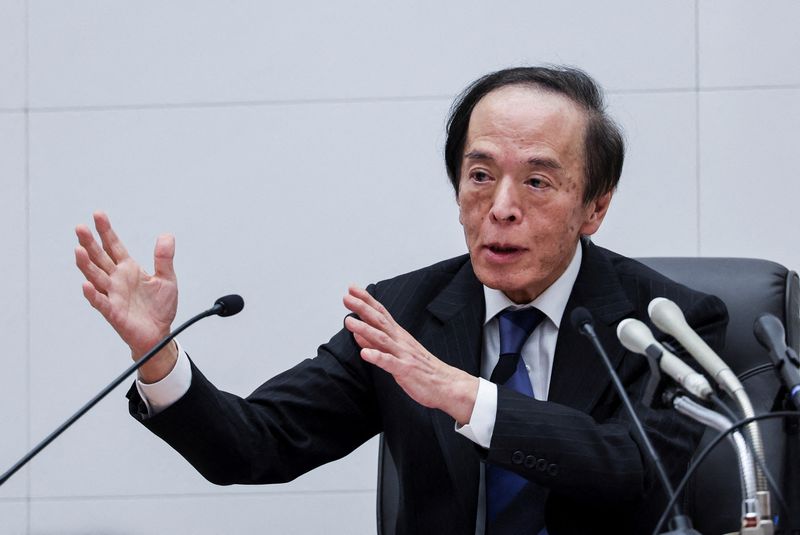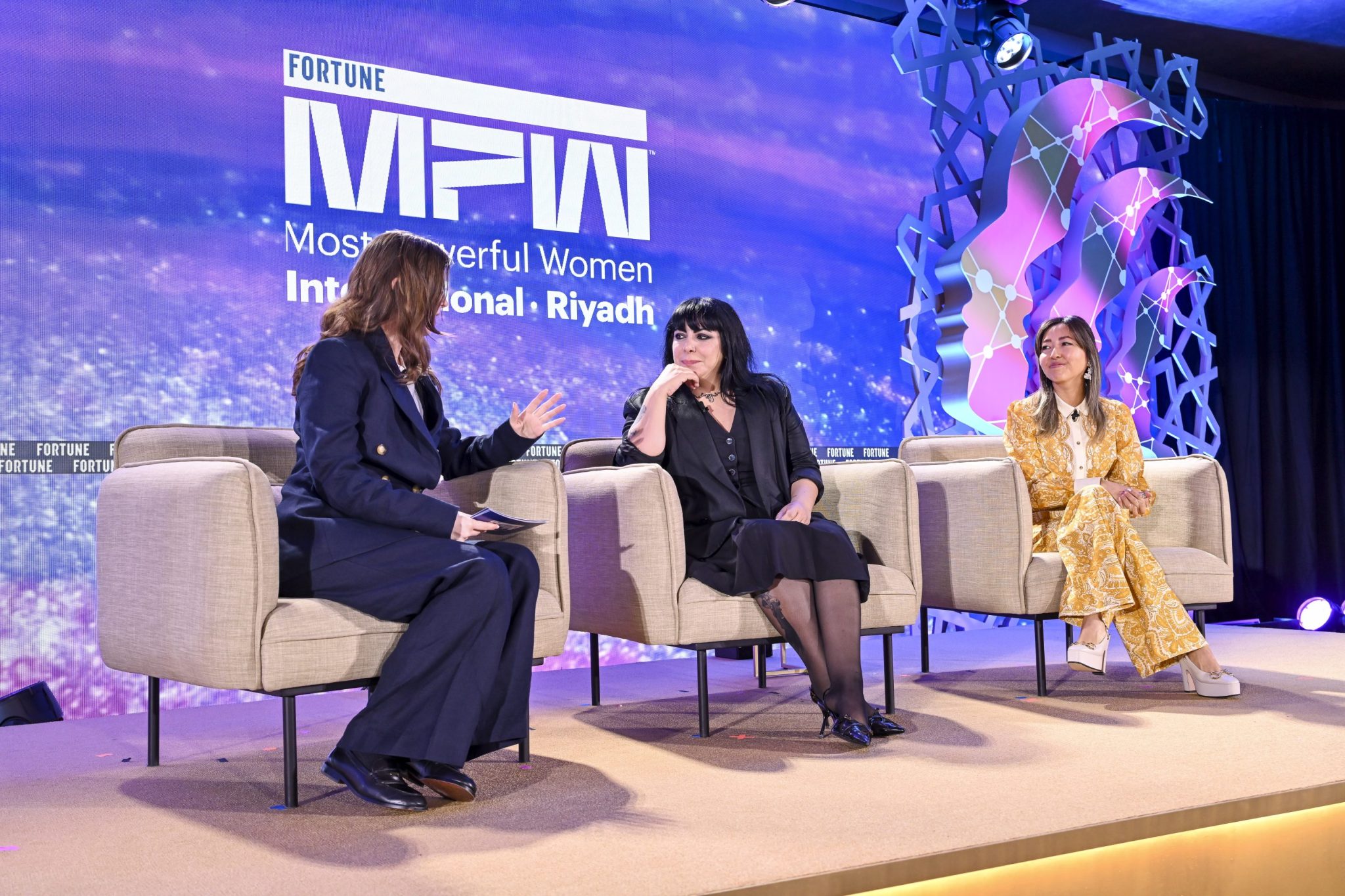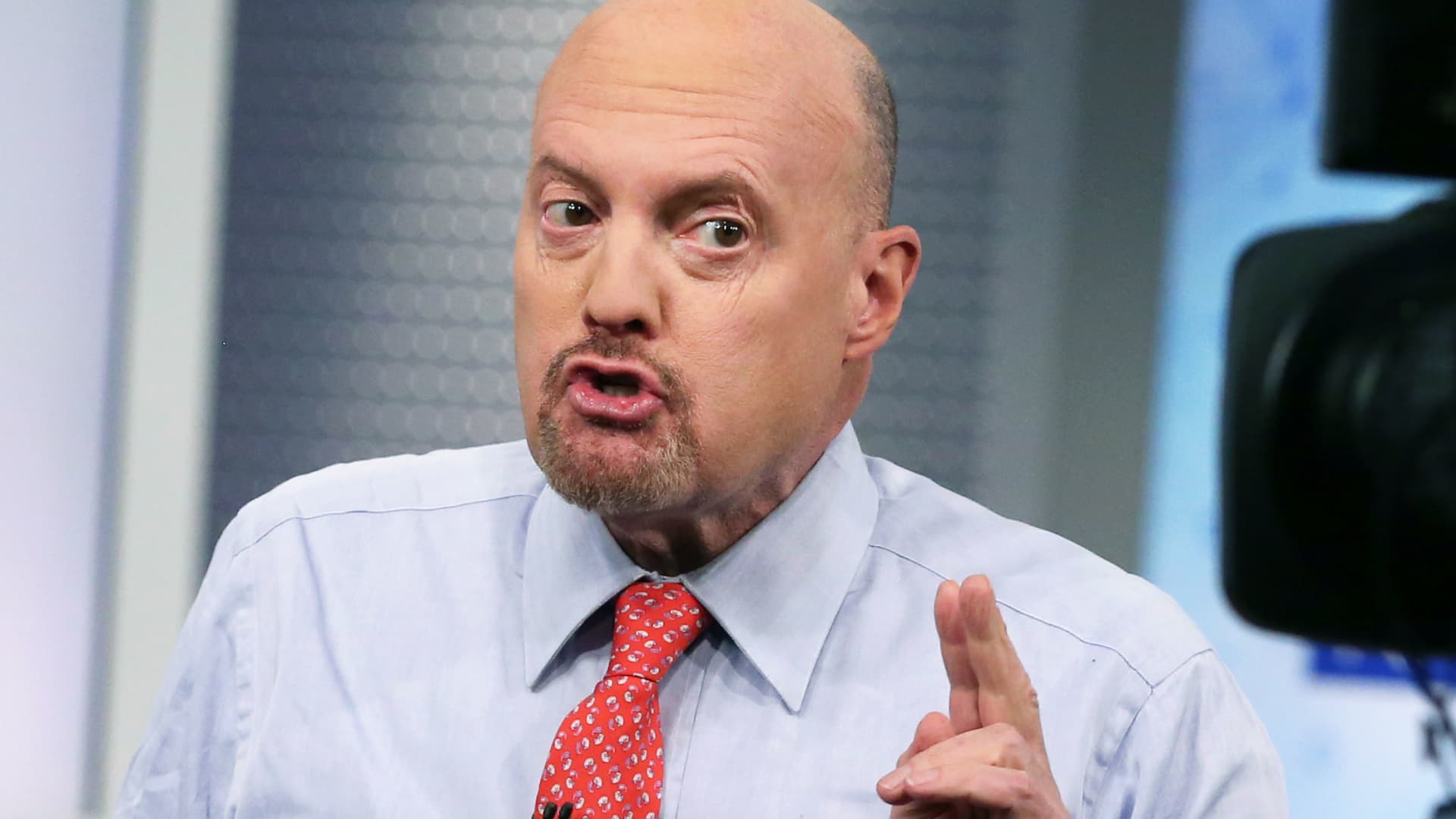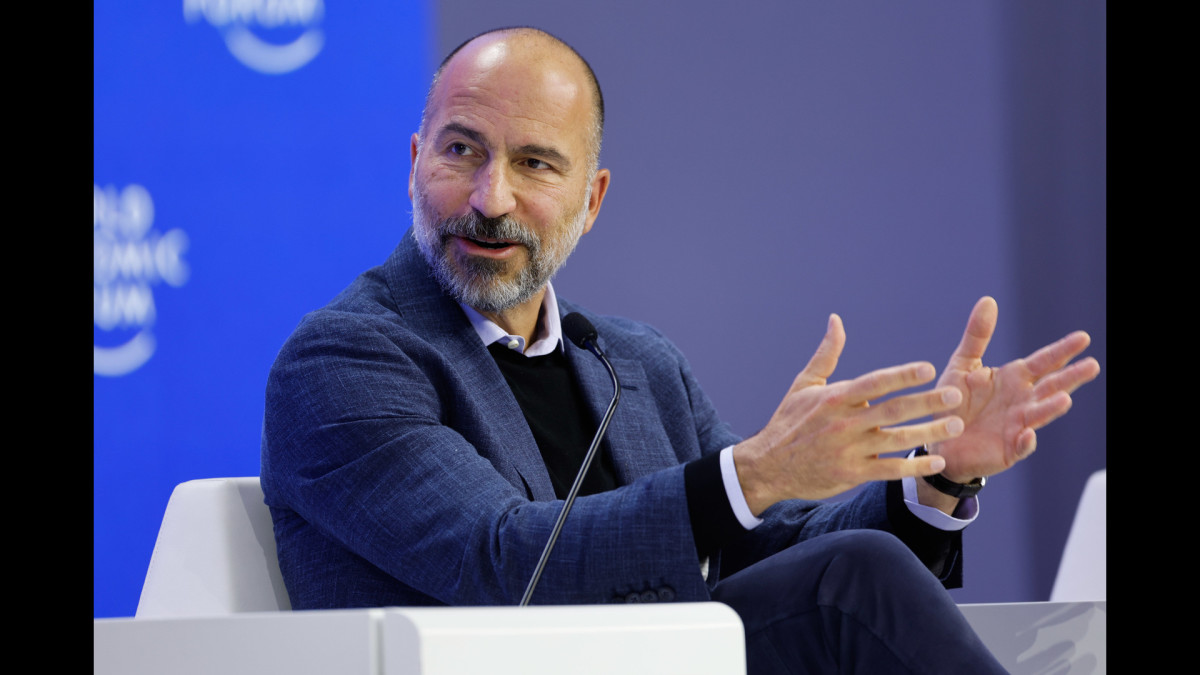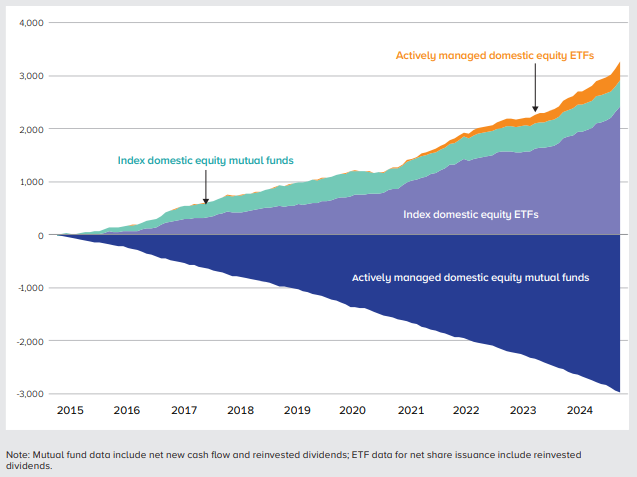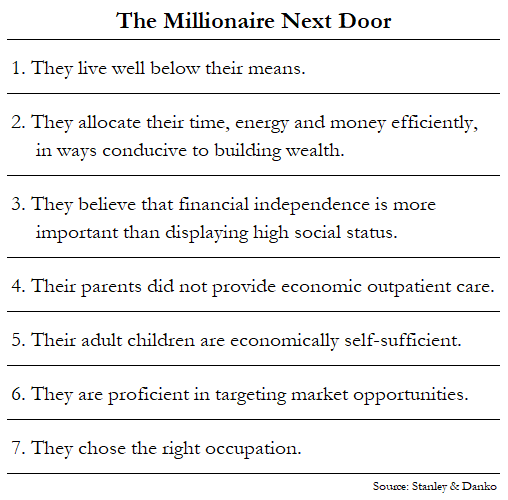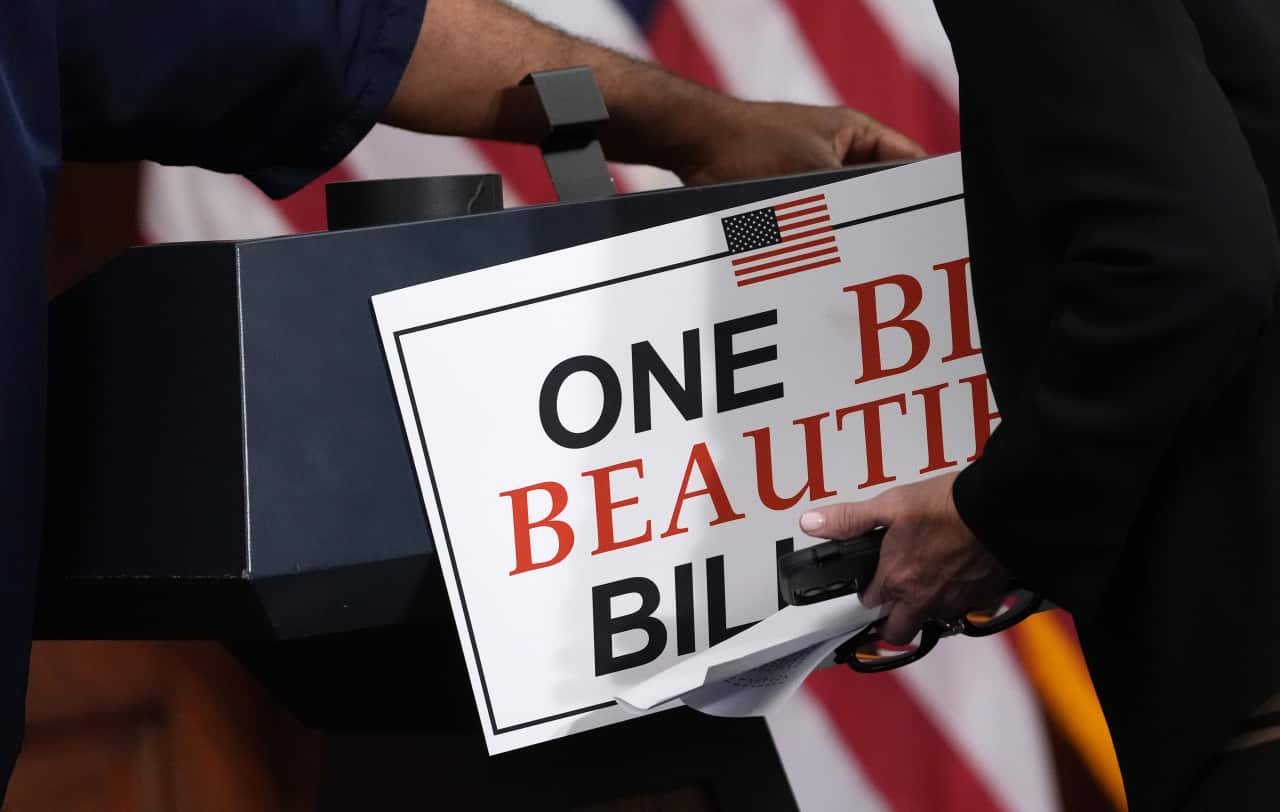BCG leader calls for optimism amid AI doom and gloom, says enabling young people to ‘build and shape the future’ is key
"Children should be encouraged to play with robots, experiment with AI, and learn in the metaverse," says Leila Hoteit

Advancements in artificial intelligence, automation, and other emerging technologies often lead to fears of job losses, with nearly 40% of the skills required for work today expected to change by 2030. That may sound dour, but one workplace thought leader offers an inverted view that’s centered in optimism.
“What if, instead of thinking about what we stand to lose, we talk about what we have the power to build?” asked Leila Hoteit, managing director and senior partner at Boston Consulting Group (BCG), at Fortune‘s Most Powerful Women Summit in Riyadh on Wednesday. “What if this is our opportunity to instead of trying to prepare the workforce to be ready for the future, to actually give them the confidence to build and shape the future?”
Hoteit asserts that governments, the private sector, and nonprofits all play key roles in helping develop and define what the future of work will look like. Those efforts are especially critical in regions like the Middle East, where more than half of the population is under the age of 35. A vast majority of companies based in major economies in the region, like Saudi Arabia and the United Arab Emirates, report that there’s rising demand for technological literacy.
These economies are also already investing billions in AI infrastructure. Earlier this month, Saudi Arabia’s Crown Prince Mohammed bin Salman unveiled a new company that will develop and manage AI technologies for the nation, as a key pillar to diversify an economy that’s heavily reliant on oil. AI deals inked in the region included pacts to sell advanced chips from Nvidia and Advanced Micro Devices and a new AI campus in Abu Dhabi, both announced in the past few weeks.
Hoteit says the future workforce needs to work with AI and understand big data. “And we’re still far from achieving that,” she warned.
The World Economic Forum has projected that by 2030, 170 million new jobs will be created across the globe, with fast growth from technology, data, and AI, but also from core economic roles including delivery drivers, care roles, and educators. But less optimistically, 92 million jobs are expected to be displaced.
Hoteit and BCG, after speaking with more than 150 futurists, last year published a report that predicted which new industries will be created, how existing sectors will be reshaped, and the parts of the economy that will completely disappear over the next 50 years.
Some of the more promising corners of the global economy include care-based jobs, including roles intended to help support mental health, or assist underserved social groups. Another area of promise is regenerative agriculture and infrastructure that uses new processes and materials to support more sustainable farming and construction.
“You can see that there’s so much labor abundance,” said Hoteit. “It is our job to prepare our youth to be able to shape these sectors, to be the early adopters of the emerging skills.” Those skills, she said, include communication, the ability to command AI, robotics and other technologies, and other capabilities like mindfulness, optimism, and decisiveness.
To better prepare the future of work, Hoteit argues, education systems need to be reformed and people must embrace a lifelong commitment to learning. “We need to prioritize tech literacy,” she said, adding that children should be encouraged to play with robots, experiment with AI, and learn in the metaverse.
Corporate entities, alongside governments and nonprofits, should in her view collaborate to create associations that can invest in mentorship, upskilling, and reskilling programs. The approach must vary and be tailored for each local region’s population, said Hoteit.
“Imagine the possibility if every young person was either building a venture or solving one of our toughest problems, like water scarcity, where would the world be?” she said. “What we need to do is to ensure that we provide them the space, the skills, and the tools to reach their full potential.”
This story was originally featured on Fortune.com


